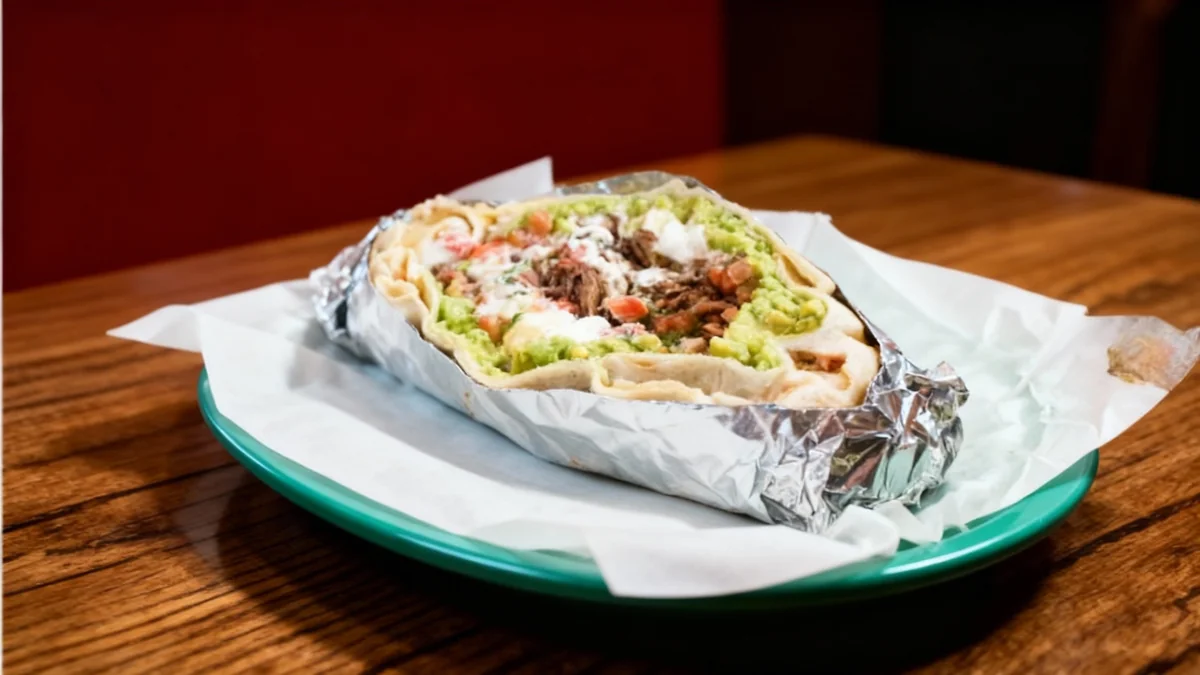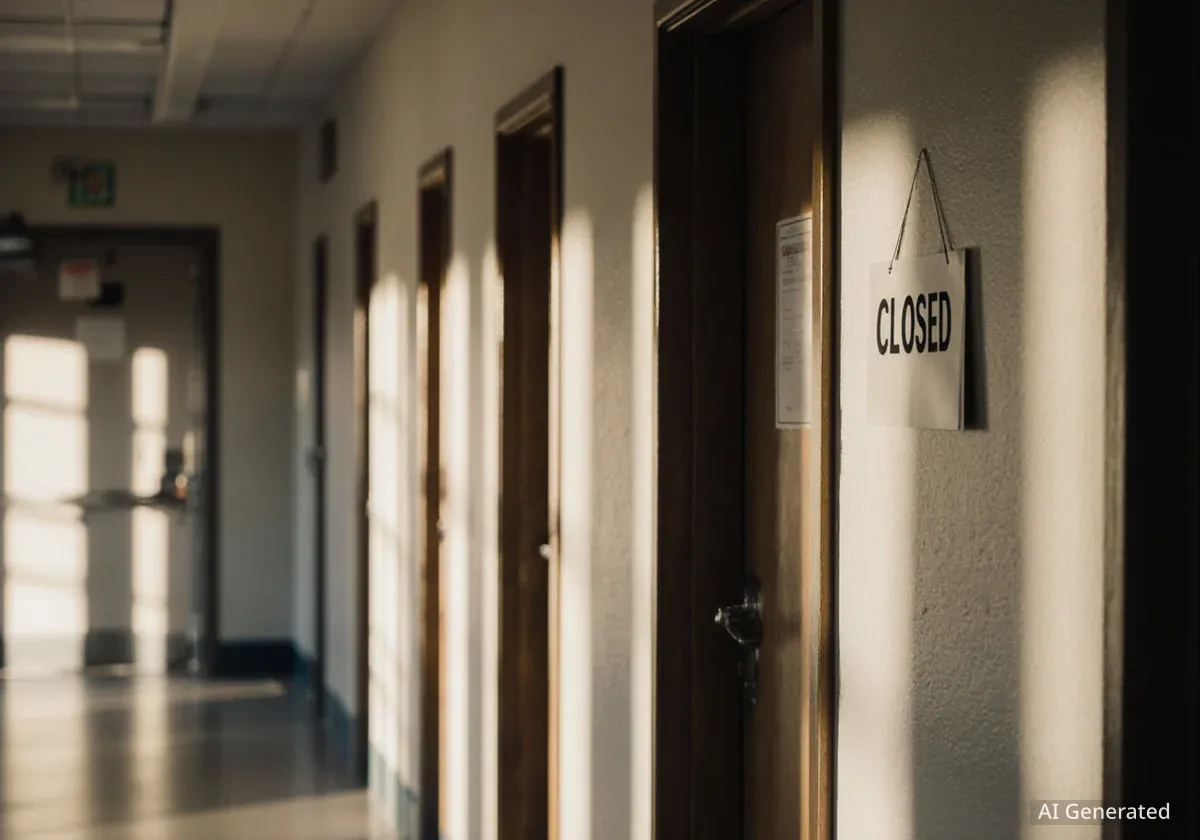The University of California has issued a warning that approximately 58,000 students could experience significant delays in receiving their November CalFresh food benefits. This disruption is a direct result of the ongoing federal government shutdown, which has impacted funding for the nationwide Supplemental Nutrition Assistance Program (SNAP).
While a recent court ruling has provided a temporary measure to keep the program funded, the university is still preparing for potential delays and is mobilizing resources to support students who rely on this aid for their daily meals.
Key Takeaways
- An estimated 58,000 University of California students are at risk of delayed CalFresh food benefits in November.
- The delay is caused by a federal government shutdown that has frozen funding for the SNAP program.
- A federal judge has ordered the use of contingency funds, but the timeline for payment distribution remains uncertain.
- The UC system is activating emergency support, including expanding food pantries, offering grocery gift cards, and providing short-term grants.
University Prepares for Widespread Food Insecurity
The University of California is taking proactive steps to address the potential food crisis facing its students. In a statement, a spokesperson for the UC Office of the President confirmed they are coordinating an extensive emergency response across all campuses and with local community partners.
The university has called on the federal government to resolve the shutdown and ensure that critical programs like SNAP are fully funded. "UC urges the administration and Congress to take the necessary steps to reopen the federal government and complete critical fiscal year 2026 appropriations negotiations," the spokesperson said.
In the meantime, campuses have been instructed to form dedicated response teams. These teams will focus on expanding existing resources to meet the anticipated increase in demand. Efforts include bolstering food pantries, distributing grocery gift cards, and offering short-term emergency grants to students in immediate need. Assistance through campus dining services is also being explored.
What is CalFresh?
CalFresh is California's version of the federal Supplemental Nutrition Assistance Program (SNAP). It provides monthly financial assistance to low-income individuals and families to purchase food. For many college students, these benefits are essential for maintaining consistent access to nutritious meals while managing the high costs of education.
A National Shutdown's Local Impact
The problem stems from Washington, D.C., where the government shutdown has frozen the allocation of federal funds. The California Department of Social Services confirmed last week that these federal funds, which support the state's CalFresh program, would be held up during the shutdown.
This situation affects more than 42 million Americans who depend on SNAP benefits nationwide. The timing has created additional uncertainty, as a key federal payment deadline of October 23 was missed. This missed deadline means that November CalFresh payments were already expected to be delayed, even before the full impact of a prolonged shutdown was clear.
Student Eligibility vs. Enrollment
A 2024 report from the California Policy Lab highlighted a significant gap in food aid access. The study found that while approximately one-third of UC undergraduates were eligible for CalFresh, only 22% of those eligible students were actually receiving benefits in the fall of 2019.
Legal Intervention Offers Hope, Not Guarantees
A recent development in a federal court has offered a glimmer of hope for SNAP recipients. On Friday, a federal judge in Rhode Island issued an order blocking the administration from completely halting SNAP payments during the shutdown. Judge Jack McConnell instructed the administration to utilize $6 billion in contingency funds that Congress had already appropriated to maintain at least partial benefits.
"Today’s ruling is a lifeline for millions of families, seniors, and veterans who depend on SNAP to put food on the table. It reaffirms a fundamental principle: no administration can use hunger as a political weapon."
During the hearing, a lawyer for the U.S. Department of Justice, Tyler Becker, reportedly argued that without a funding bill, "there is no SNAP program." However, the judge disagreed and directed the administration to find a way to keep the program operational.
Despite this ruling, the situation remains fluid. The Justice Department could appeal the decision, and there is no clear timeline for when the contingency funds will be distributed to states like California. This lingering uncertainty is why the University of California is not waiting for a federal solution and is proceeding with its own emergency measures.
Addressing an Ongoing Challenge
The potential delay in CalFresh benefits highlights the broader issue of food insecurity among college students. Many students struggle to balance the cost of tuition, housing, and basic necessities, making programs like CalFresh a critical lifeline.
Genie Kim, the director of student mental health and well-being at the UC Office of the President, emphasized the university's commitment to addressing this challenge.
"Students shouldn’t have to worry about whether or not they can afford their next meal. These estimates show that we have a lot of work to do in order to improve access and connect more eligible students to CalFresh benefits."
The university's emergency response includes strengthening partnerships with local food banks and government agencies to create a more robust safety net. The goal is to ensure that no student is left without support while federal funding issues are resolved.





